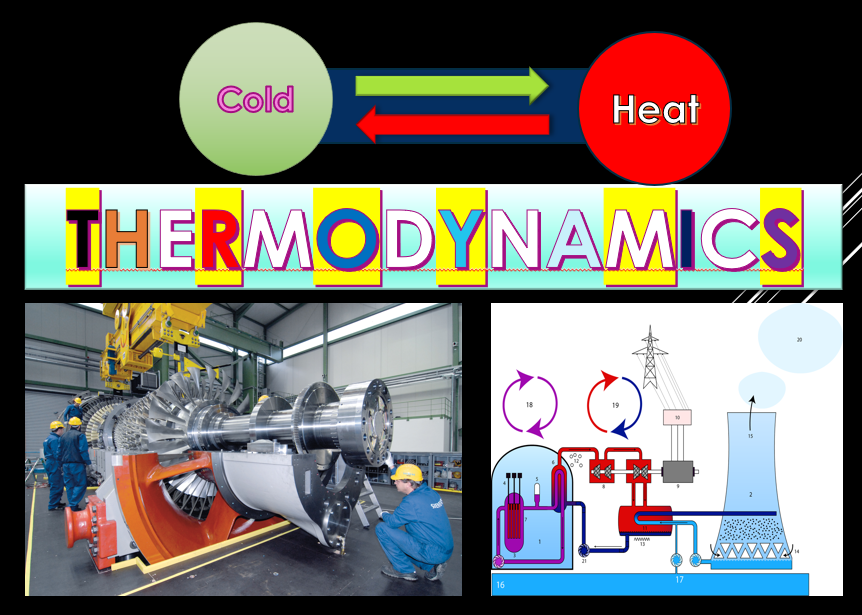About This Course
The Thermodynamics a lecture in the Mechanical Education Engineering Department which is included in the group of basic sciences. This course covers the basic principles of thermodynamics and their application in the field of system. Thermodynamics is a science that studies energy and its changes. It also studies the changes in the properties of matter due to changes in energy. This course studies thermodynamic phenomena including the first and second laws of thermodynamics, thermodynamic properties, thermodynamic equations, and their application in engineering systems. The basic principles and laws of thermodynamics are used in understanding and analyzing the performance of engineering systems such as turbines, compressors, heat exchangers, refrigerators, and others.
Bachelor Degree
Credit: 2
Learning Objectives
By the end of this course students will be able to:
- Develop a concept of thermodynamic properties, states, processes, and cycle.
- Determine properties of substances (Applying appropriate physical models of state for a substance).
- Calculate the work done by and heat taken in by a system undergoing a change of state (reversibly and irreversibly).
- Perform first and second law analysis of steady-state flow systems (heat exchangers, turbines, pumps, condensers, boilers, and throttle valves).
- Perform analysis of thermodynamic cycles (e.g., Carnot, Rankine, and Brayton cycles).
Course Staff

Safri Gunawan, S.T., M.T.
lecturer of the Faculty of Engineering, Department of Mechanical Engineering Education FT, Mechanical Engineering Education Study Program FT
Suprapto, S.T.,M.T., PhD
lecturer of the Faculty of Engineering, Department of Mechanical Engineering Education FT, Mechanical Engineering Education Study Program FT

